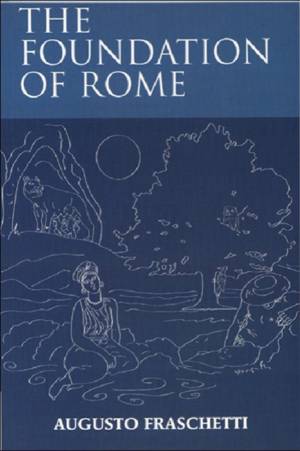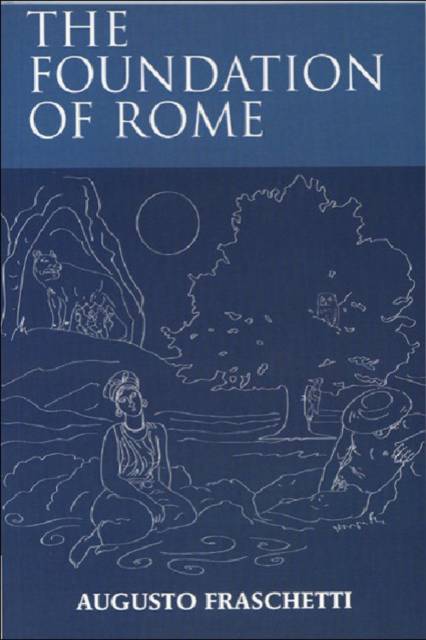
Door een staking bij bpost kan je online bestelling op dit moment iets langer onderweg zijn dan voorzien. Dringend iets nodig? Onze winkels ontvangen jou met open armen!
- Afhalen na 1 uur in een winkel met voorraad
- Gratis thuislevering in België vanaf € 30
- Ruim aanbod met 7 miljoen producten
Door een staking bij bpost kan je online bestelling op dit moment iets langer onderweg zijn dan voorzien. Dringend iets nodig? Onze winkels ontvangen jou met open armen!
- Afhalen na 1 uur in een winkel met voorraad
- Gratis thuislevering in België vanaf € 30
- Ruim aanbod met 7 miljoen producten
Zoeken
Omschrijving
Augusto Fraschetti describes the legends surrounding the origins, foundation and early history of Rome, the significance the Romans attached to the legends of their origins, and the uses to which they put them.Between 1000 BC and 650 BC a cluster of small, isolated groups of thatched huts on the Roman hills became an extensive and complex city, its monumental buildings and large public spaces evidence of power and wealth. Two competing foundation legends accounted for this shift, one featuring the Trojan fugitive Aeneas and the other the wolf-reared Romulus and Remus. Both played a significant role in Roman thought and identity, preoccupying generations of Roman historians and providing an important theme in Roman poetry. In the last two centuries the foundation era of Rome has been the subject of extensive investigations by archaeologists. These have revealed much that was previously a mystery and have allowed the piecing together of a coherent account of the early history of the city. Professor Fraschetti considers this evidence and the degree to which it supports or undermines the legends, Roman documentary accounts, and the work of modern scholars. He reveals what now seems the most probable history of Rome's origins and rise to regional pre-eminence.
Specificaties
Betrokkenen
- Auteur(s):
- Uitgeverij:
Inhoud
- Aantal bladzijden:
- 224
- Taal:
- Engels
Eigenschappen
- Productcode (EAN):
- 9780748621200
- Verschijningsdatum:
- 11/07/2005
- Uitvoering:
- Hardcover
- Formaat:
- Genaaid
- Afmetingen:
- 157 mm x 236 mm
- Gewicht:
- 453 g

Alleen bij Standaard Boekhandel
+ 563 punten op je klantenkaart van Standaard Boekhandel
Beoordelingen
We publiceren alleen reviews die voldoen aan de voorwaarden voor reviews. Bekijk onze voorwaarden voor reviews.











